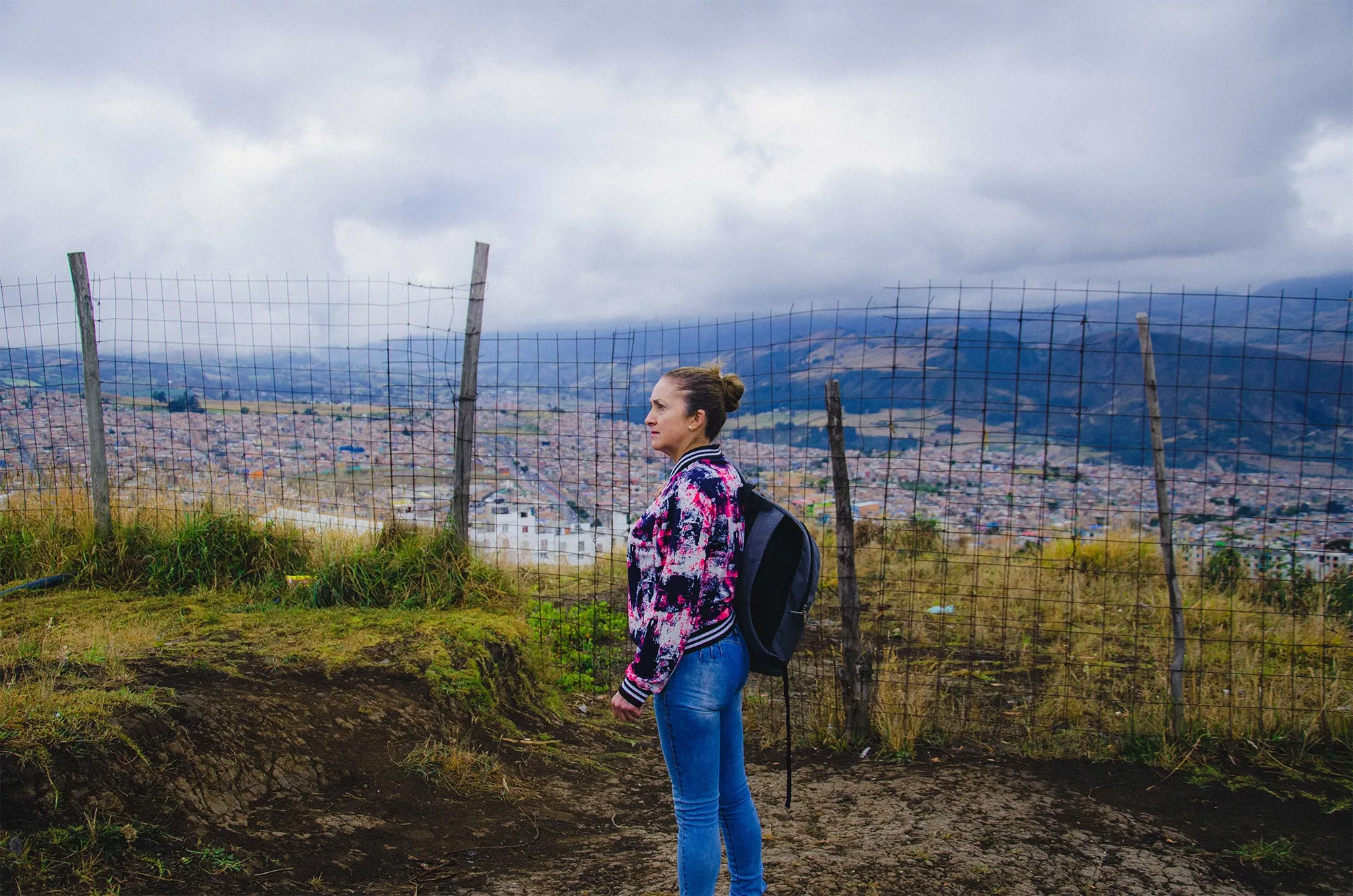Making the invisible visible: a documentary on the commuting experiences of Latin American Domestic Workers

"Why did you do a documentary?" "Are you a filmmaker now?" "Aren’t you a lawyer?" These questions have been circulating since 2019 when we decided to embark on a documentary about the challenging commuting experiences of Latin American domestic workers.
It all began in 2013 during a course I took at Harvard Law School called Local Government Law, under the guidance of the inspiring Professor Gerald Frug. His teachings ignited my passion as I merged my gender knowledge and activism with urban discussions. During the course, I became aware of the stories shared by Belen Garcia about her arduous commutes in Bogota, stories that seemed worthy of exploration.
As I conducted fieldwork for my doctorate, Belen’s anecdotes intertwined with the narratives of domestic workers in Bogota and Medellin. The realization fully materialized as I accompanied them on their daily commutes across these cities. It was astonishing how invisible these stories were, disconnected from the statistics and uplifting speeches by politicians and transportation experts.
In 2019, my cousin, Andres Gonzalez, deeply engaged in cultural management, expressed keen interest in my doctoral studies. He urged me, "You cannot keep this in the academic ivory tower; we must make a documentary to tell everyone what is going on." He then reached out to filmmaker Daniel Gomez, who readily joined us on this adventure. Being the grandson of a domestic worker, Daniel felt compelled by the invisible urban reality faced by over 13 million women in Latin America.
Our journey led us to film with Reinalda Chaverra in Medellin in 2019. A black woman originally from Tutunendo, Choco, Reinalda had experienced exclusion and racism as daily realities in this city of opportunities. Despite initial financial constraints and the challenges posed by the Covid-19 pandemic, we pivoted to start the Invisible Commutes transmedia project. The podcast, presentations, opinion pieces, and academic papers, fuelled by domestic workers' testimonies about sexual violence, racism, road unsafety, expensive and lengthy commutes, have brought this project to life since 2020. Voices echo from Neiva, Bogota, Cali, Medellin, Manizales, and Cartagena in Colombia, to Lima in Peru, and Huixquilucan in Mexico. These voices not only narrate their struggles but also offer ideas on improving their urban experiences.
In 2021, we were honoured as one of the winners of an International Labour Organization contest on videos about domestic work. With the prize money, we filmed another segment of the documentary with Belen Garcia in Bogota. Her determination and the fluidity of her story were crucial in understanding the precarious conditions of this sector in the urban setting.
Additional funding from the University of Bristol in 2023 allowed us to conduct a workshop with the members of the domestic workers’ union UTRASD in Medellin, completing the full circle. It became about more than just their experiences on buses and sidewalks; it was also about improving the urban situation for millions of domestic workers in Latin America and worldwide.
Now I am happy to launch “Invisible” in my new home: Oxford TSU. Sharing it with others who, like me, aim for inclusive and sustainable transportation for all, is not only a privilege but a pleasure that I could never had envisioned in 2013.
Today, I wear the hat of a filmmaker because I believe in the power of art to build empathy and change the world. I am a filmmaker and a podcaster because I want the testimonies of domestic workers – their experiences and their visions for the urban landscape – to be heard and seen. While I remain a lawyer and a researcher fully committed to rigorous analysis, my perspective has shifted. I now believe that connecting with others and promoting human compassion is the most effective way to build cities and urban environments for all of us.
Valentina will be discussing the documentary further as part of the TSU Seminar Series 2024 on February 8th in the School of Geography. For more information and to book please click here

